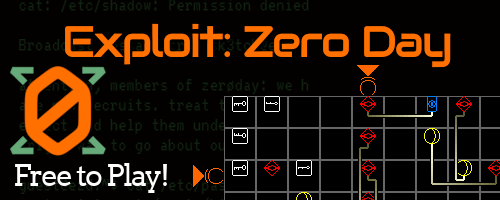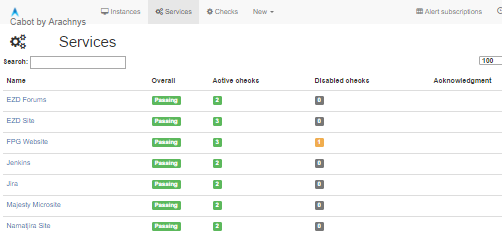We have about 12 different sites or parts of sites that could have outages and two of us to manage them. Some of these have been up for years, and some are newer. Some applications require special installation or debugging, and some must be on differently-configured servers.
When one of those goes down, we both need to know how to diagnose and fix it as soon as possible. So how do we manage that?
...











 View on YouTube
View on YouTube

